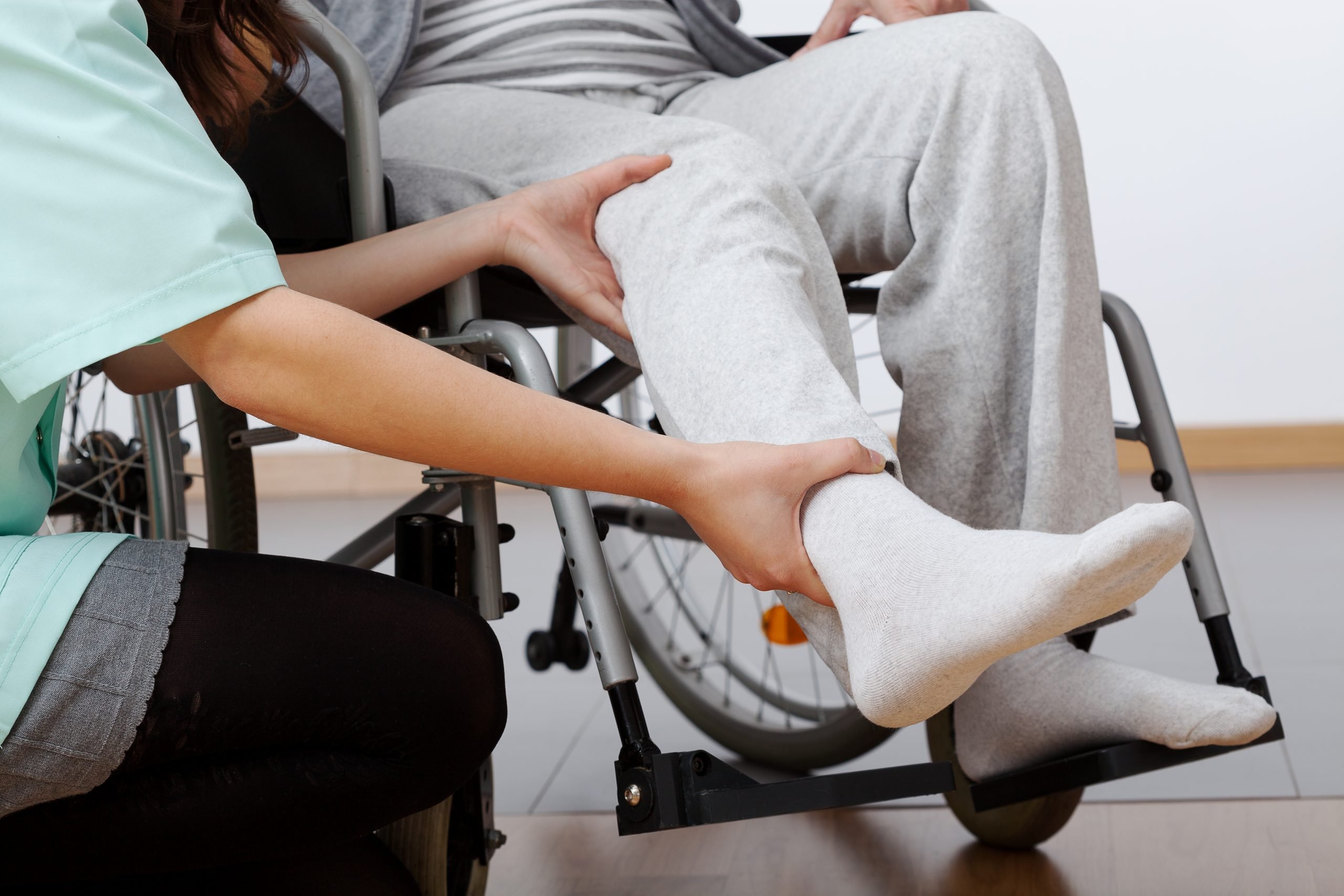
A personal injury occurs when someone causes harm to another person’s body, mind, or emotions. It does not include damage to property, finances, or other assets.
What are common causes for a personal injury case?
- Accidents at home, on the road, or at work
- Tripping accidents
- Accidents due to product defects
- Medical negligence claims: includes medical and dental accidents
- Industrial disease claims: includes occupational injuries like mesothelioma, occupational stress, and repetitive strain injuries
What are damages in personal injury cases?
There are two types of damages: special damages and general damages.
Special damages are financial in nature, such as hospital bills or lost wages.
General damages are non-financial losses, which include pain and suffering, loss of consortium, defamation, and emotional distress:
Pain and Suffering
Pain and suffering is the kind of physical and/or mental loss caused by a personal injury. Pain and suffering also refers to the possible future effects of a personal injury. Keep in mind that mental pain and suffering includes negative emotions like emotional distress, anxiety, and shock. Afflictions such as sexual dysfunction, depression, and post-traumatic stress disorder also fall under mental pain and suffering.
Loss of Consortium
Loss of consortium is the loss of the ability to have a relationship with an injured person. Usually it applies to a spouse in a marriage, but can apply to children too.
Defamation
Defamation occurs when another person’s character or reputation is hurt. Words like libel or slander are commonly used in reference to a defamation case. Libel means that a falsehood was said with written or printed words or pictures. Slander means the same thing except that spoken words, sounds, sign language or gestures were used. Defamation can result in lost wages and pain and suffering.
Emotional Distress
Emotional distress describes the mental health issues your personal injury caused. Historically, courts awarded emotional distress only in cases where physical harm was evident. However, recent cases recognize that emotional distress can come from personal injuries in which there is little to no physical evidence such as sexual harassment or defamation. These sorts of cases usually require a mental health professional to verify the emotional distress.
What is a statute of limitations?
A statute of limitations is the period of time you have to file a claim. Personal injury cases have a statute of limitations that vary by state and cause. The time limit usually starts on the day the accident or injury occurred and can last anywhere from 2 to 5 years. If you do not follow the guidelines for your state’s statute of limitations, you may lose your right to file a claim.
Posted by Julian Lewis Sanders
At The Law Offices of Julian Lewis Sanders & Associates, we understand the gravity of personal injury situations - it's our priority. Committed to aiding you in your time of need, we specialize in listening to your story, discerning your individual needs, and swiftly executing strategic actions to secure the compensation you deserve. Based in Georgia, our legal team comprises experienced personal injury attorneys dedicated to delivering optimal service tailored to your unique circumstances.
Facebook


